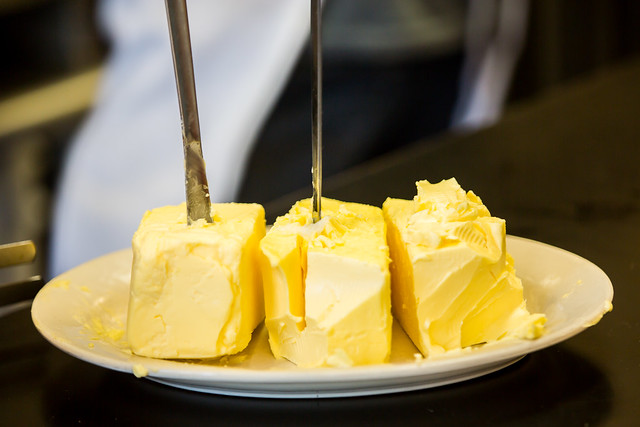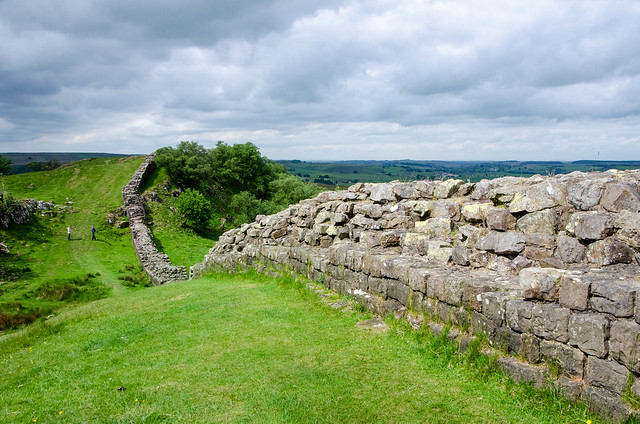Podcast: Play in new window | Download
In this Adventure we’re telling tales about the origins of the word story.
A story [ˈstɔː.ɹi] is:
- An account of real or fictional events.
- A lie, fiction.
- History (obsolete).
It comes from Middle English storie (story, history, quip), from Old French estoire (history, story, tale), from Latin historia [isˈtoɾja] (history, account, story), from Ancient Greek ἱστορία (historía – learning through research, narration of what is learned), from ἱστορέω (historéō – to learn through research, to inquire), from ἵστωρ (hístōr – the one who knows, the expert, the judge), from PIE *wéydtōr (knowner, wise person), from *weyd- (to see) [source].
English words from the same roots include guide, history, idea, idol, idyll, video, vision, visit, wise, wit and wizard [source].
In Old English the word for story was talu, which also meant tale, talk or account. It comes from Proto-West Germanic *talu (narration, report), from Proto-Germanic *talō (narration, report), from PIE *del- (to reckon, calculate) [source].
Words from the same roots include tale, talk and tell in English, taal (language) in Dutch, Zahl (number, numeral, figure) in German, and tala (to speak, tell, talk) in Swedish [source].
Here’s a video I made of this information:
Video made with Doodly [afflilate link].
I also write about words, etymology and other language-related topics on the Omniglot Blog, and I explore etymological connections between Celtic languages on the Celtiadur.
You can also listen to this podcast on: Apple Podcasts, Amazon Music, Stitcher, TuneIn, Podchaser, PlayerFM or podtail.
If you would like to support this podcast, you can make a donation via PayPal or Patreon, or contribute to Omniglot in other ways.
Radio Omniglot podcasts are brought to you in association with Blubrry Podcast Hosting, a great place to host your podcasts. Get your first month free with the promo code omniglot.













